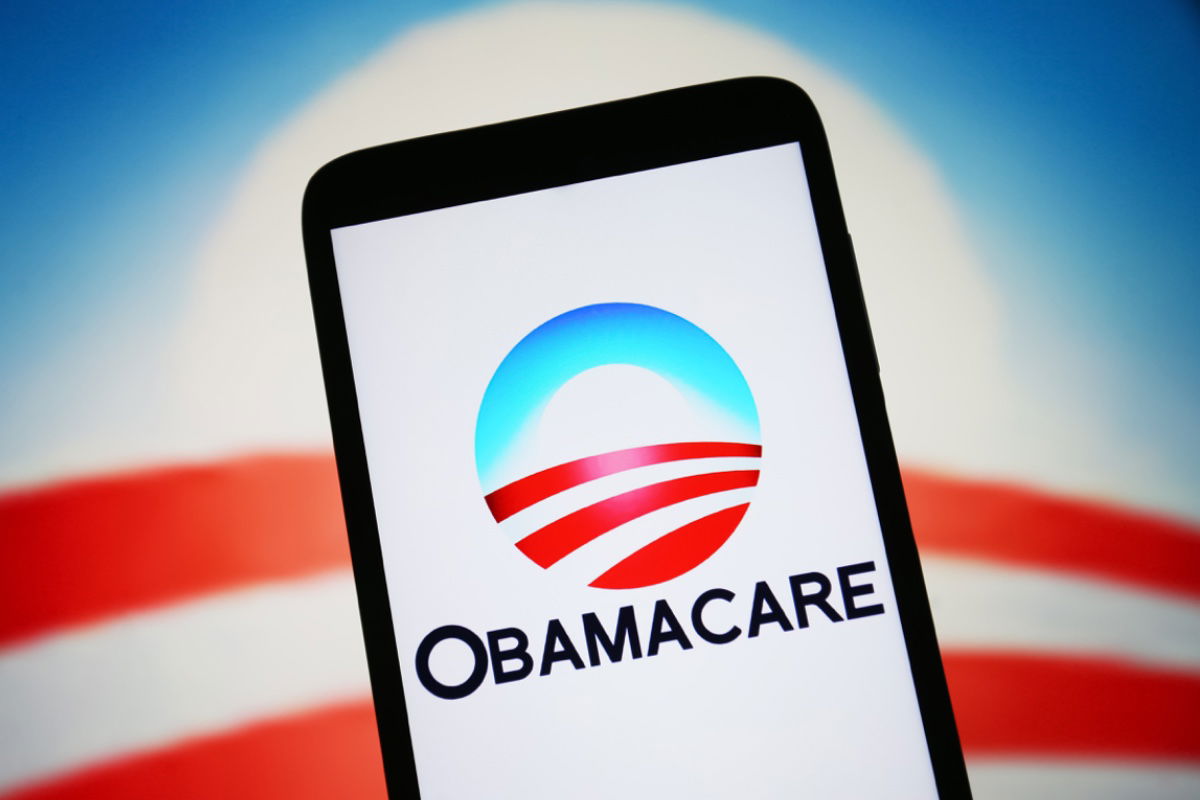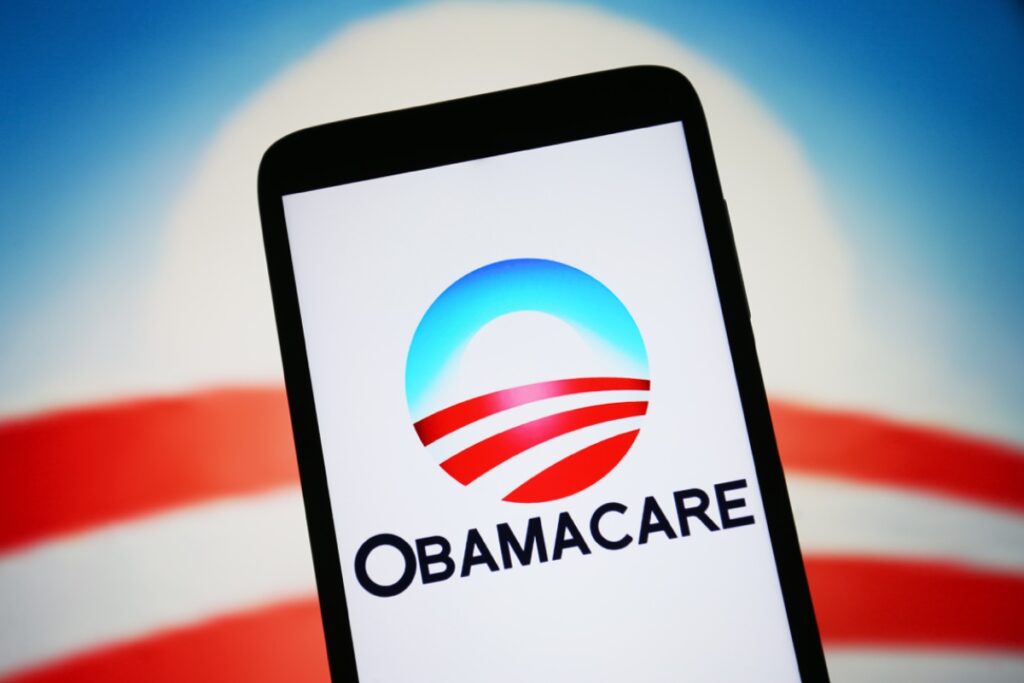
August 13, 2025
Now that Trump’s “big, beautiful bill” has passed, there are rule changes that will likely roll back the progress among the uninsured.
Millions of Americans enrolled in Obamacare will likely see a difference when re-enrollment becomes available again. While Republicans are not as loud about their efforts to repeal the Affordable Care Act, it doesn’t mean Americans will not notice significant changes.
Now that Trump’s “big, beautiful bill” has passed, there are rule changes that will likely roll back the progress among the uninsured.
As CNN reported, the new rules will make it harder to enroll and renew coverage under the Affordable Care Act because verification requirements have increased, out-of-pocket costs for enrolled individuals could also increase, and legal immigrants who qualified for federal subsidies are now banned. These rules alone could impact close to 2 million people who could lose Obamacare under the new rules and provisions outlined in Trump’s bill package. Another provision that will shrink coverage is requiring low-income adults to work, volunteer, or engage in other activities for at least 80 hours a month.
The losses are expected to be felt the most in at least seven GOP-led states, including Florida, Georgia, South Carolina, and Texas.
What’s driving some anxiety is that the enhanced federal premium subsidies that former President Joe Biden and congressional Democrats approved back in 2021 are expected to end this year. The Congressional Budget Office forecasts that more than 2 million people will be uninsured by 2034, with the Affordable Care Act provisions in the law.
“It’s a radical weakening of what the marketplaces will be able to deliver in the next few years,” Jennifer Sullivan, director of health coverage access at the left-leaning Center on Budget and Policy Priorities, told CNN.
What People Should Know About Obamacare Enrollment
The open enrollment period on the federal healthcare.gov has been shortened to November 1 through Dec. 15, and also requires states to end open enrollment on the exchanges by Dec. 31.
The technical changes mean that the annual costs for coverage will go up mainly because there is a reduction in premium subsidies. Insurance companies can raise out-of-pocket costs when people receive care.
According to KFF, the latest data from 2023 indicates that approximately 1.7 million Black Americans were enrolled in health insurance plans through the Affordable Care Act Marketplace (HealthCare.gov). This represents a significant increase in enrollment for this population, with a 95% rise in Marketplace enrollment among Black Americans from 2020 to 2023.
Black people, along with other racial and ethnic minorities, would likely be disproportionately affected by the rollbacks of Obamacare.
RELATED CONTENT: ACA Premiums Set To Rise In 2026 For Millions Without Congressional Action





